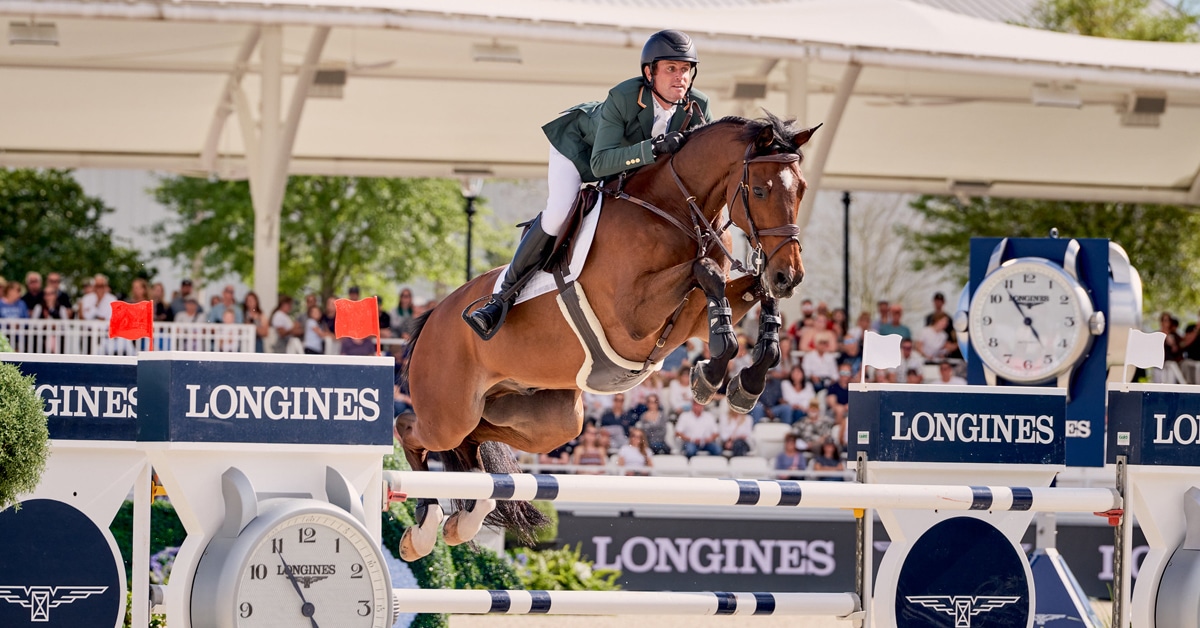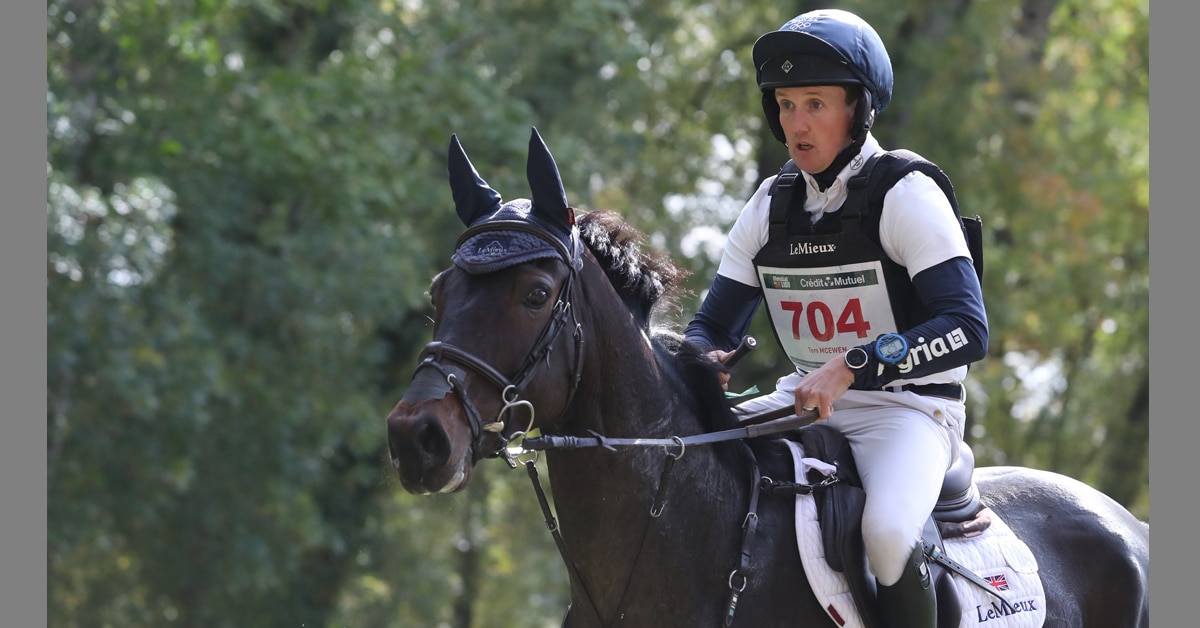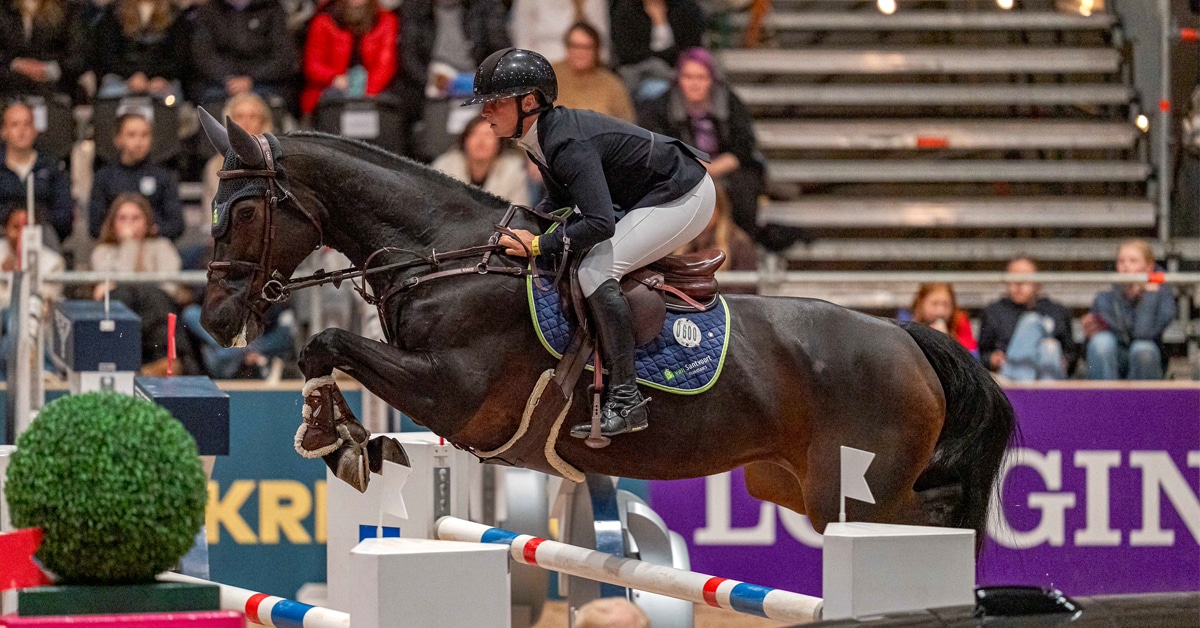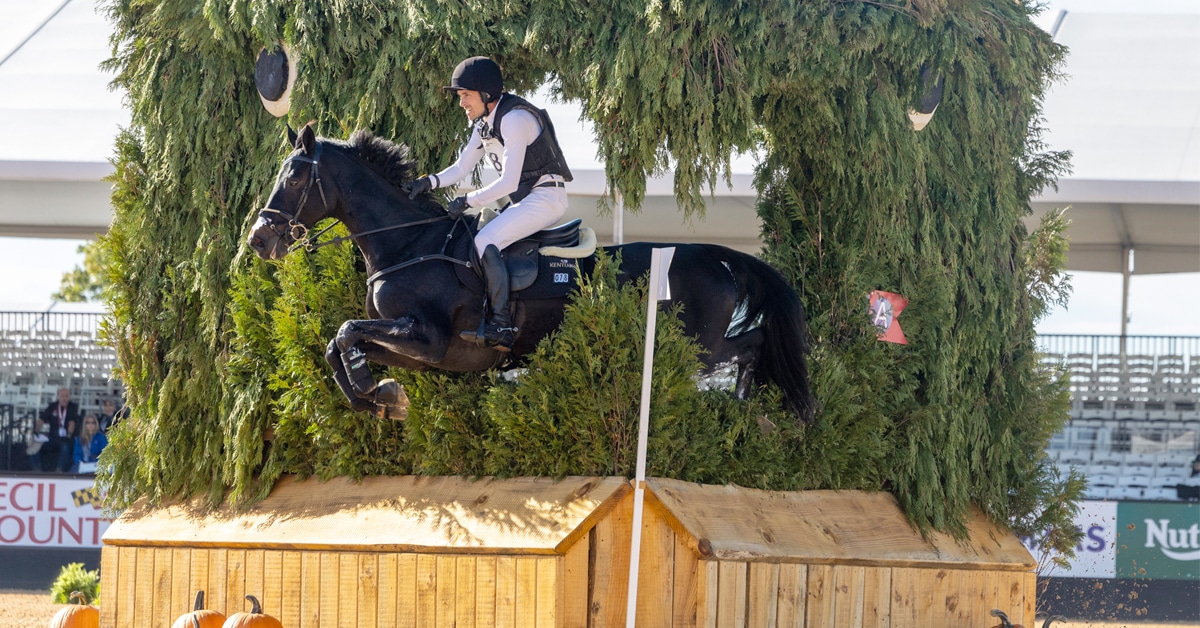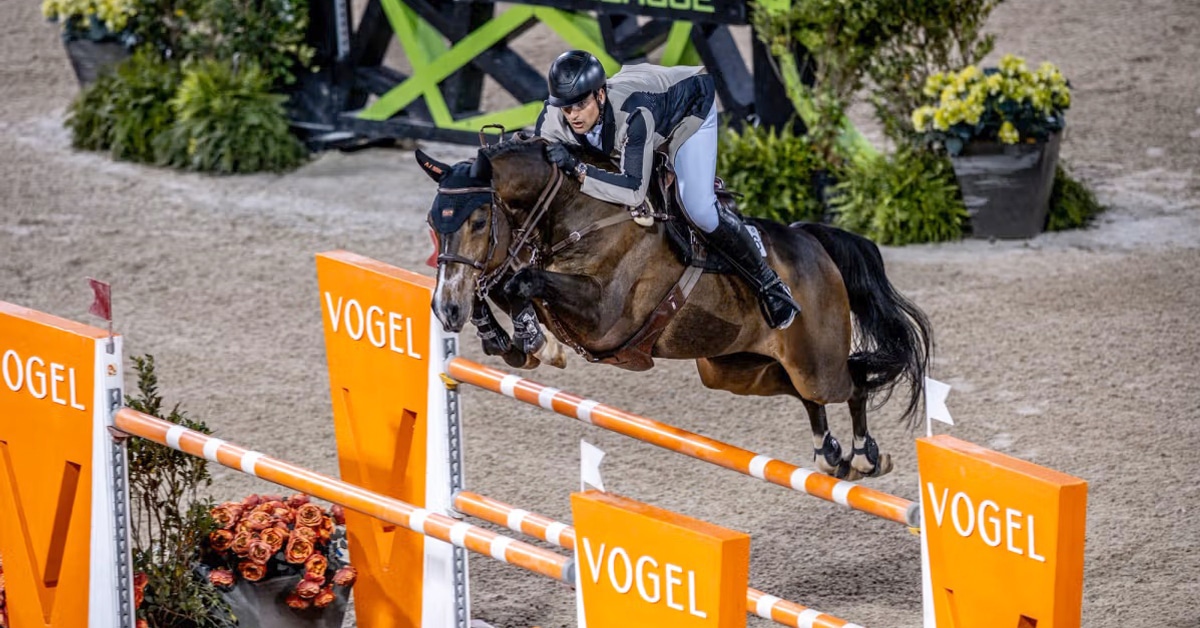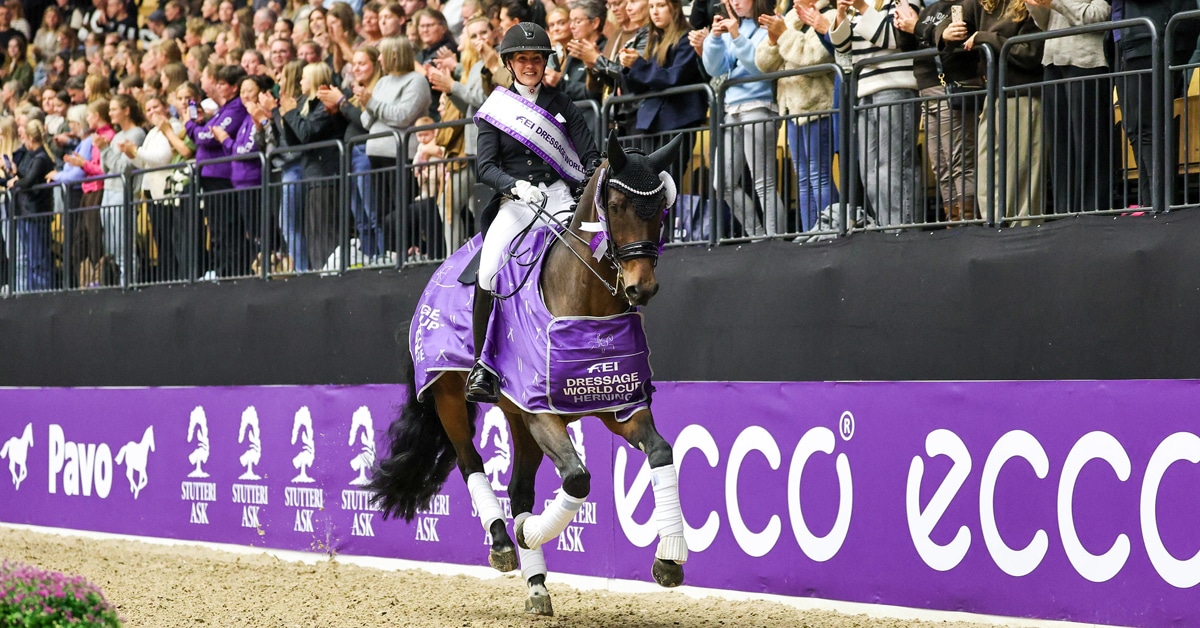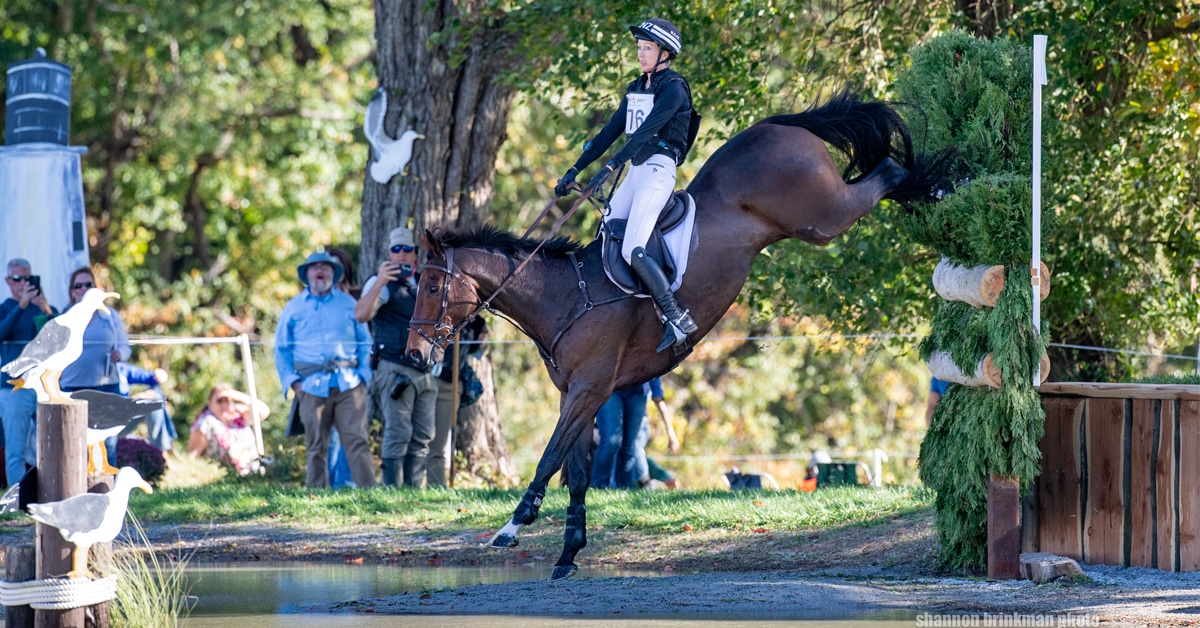The University of Liverpool reports that its clinicians have performed what is believed to be the world’s first successful total hip replacement in a horse.
Duncan, an 85kg miniature horse, was first admitted to the Philip Leverhulme Equine Hospital in July this year for investigation of severe hind limb lameness. A CT scan revealed that Duncan had dislocated the left hip joint and damaged it irreparably.
Equine surgical specialist Dave Stack said: “Treatment options for this problem are very limited, especially with extensive damage to the head of the femur.
“I discussed Duncan’s predicament with two small animal surgical specialists, Professor Rob Pettitt and Andy Tomlinson, who agreed that performing a total hip replacement offered Duncan the best chance for recovery.”
The procedure had been attempted in small ponies before, however, all known previous attempts had failed. The surgery required careful preparation and the combined knowledge of specialists in both small animal and equine surgery, as well as colleagues from the anaesthesia and internal medicine departments.
Working together, the teams were able to replace Duncan’s left hip using implants designed for use in large dogs.
Equine Surgical Resident, Matthew Cullen said: “Although always complex, hip replacements are relatively common in dogs, so the experience of the small animal surgeons was absolutely vital as Duncan presented a highly unique challenge.
“Despite that he has made an excellent recovery and was able to walk and trot almost normally at his last check up!”
Duncan was hospitalised for over three weeks and required round-the-clock supervision in the first few days after surgery. As he grew stronger, physiotherapy formed a large part of the postoperative care to help him get back on his feet.
Rob Pettitt, Professor of Small Animal Orthopaedics at the University’s Small Animal Teaching Hospital, said: “The opportunity to provide Duncan with a normal life using a procedure that we perform regularly in dogs but that has never been successful longer term in equids was a unique experience. Our role as surgeons was just a small part of the huge teamwork that has resulted in this successful outcome.”
Dave Stack added: “I would like to express my gratitude to all who contributed to the success of Duncan’s recovery, not least Rob Michael of Thompson House Equine Clinic, Duncan’s vet at home, whose care of him has been invaluable. I am thrilled that Duncan will live a comfortable life and delighted that Duncan’s owners have the opportunity to continue to spoil him for many years to come.”
More News

